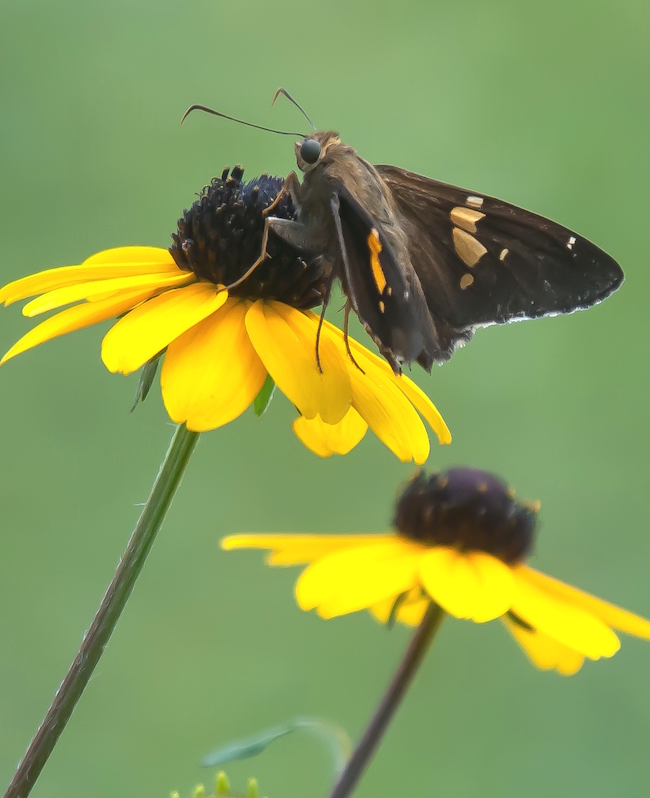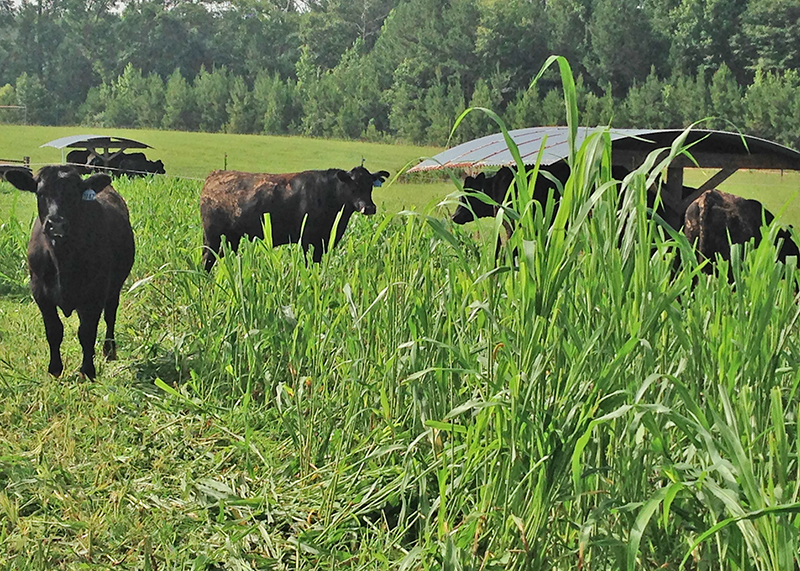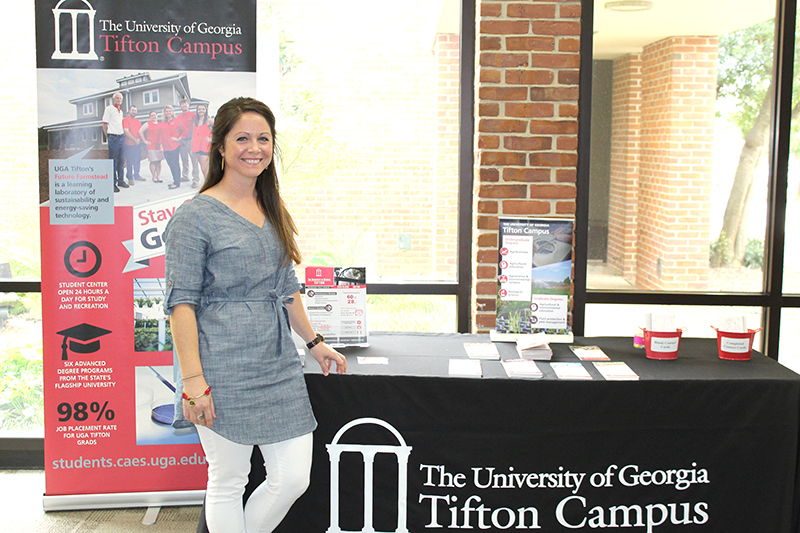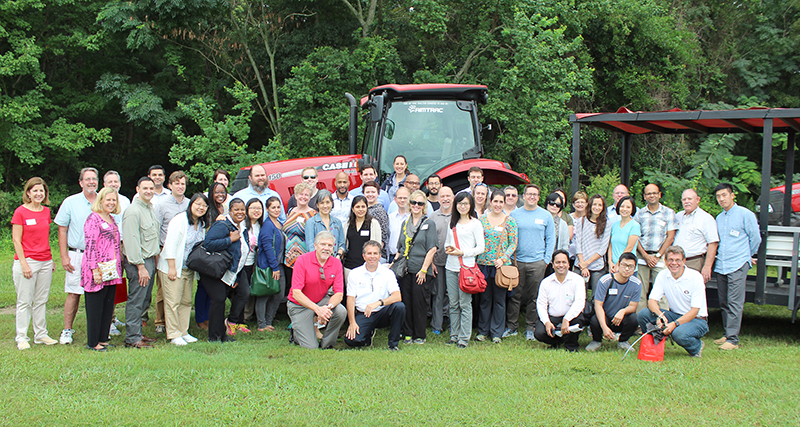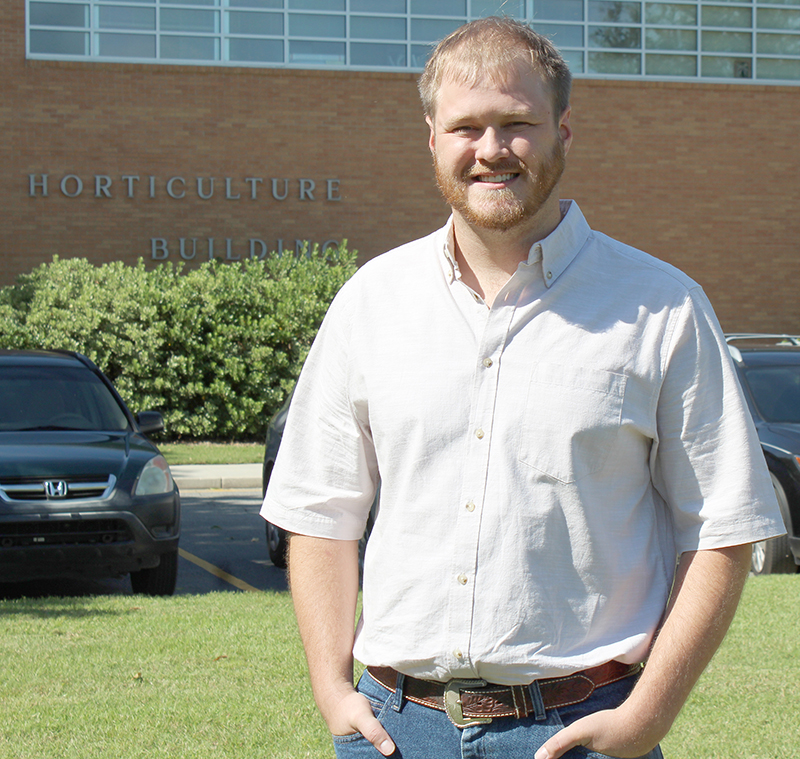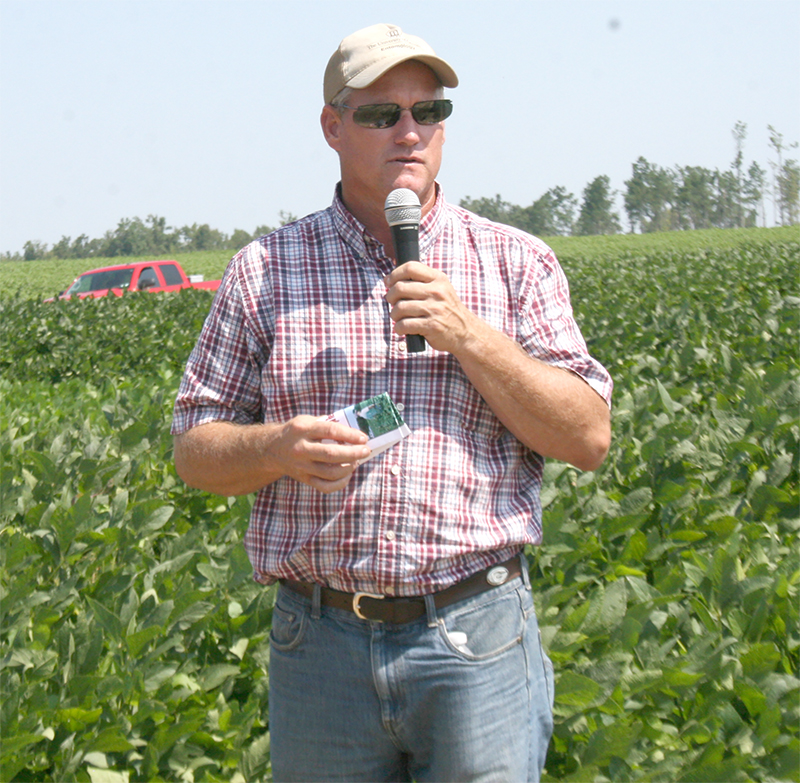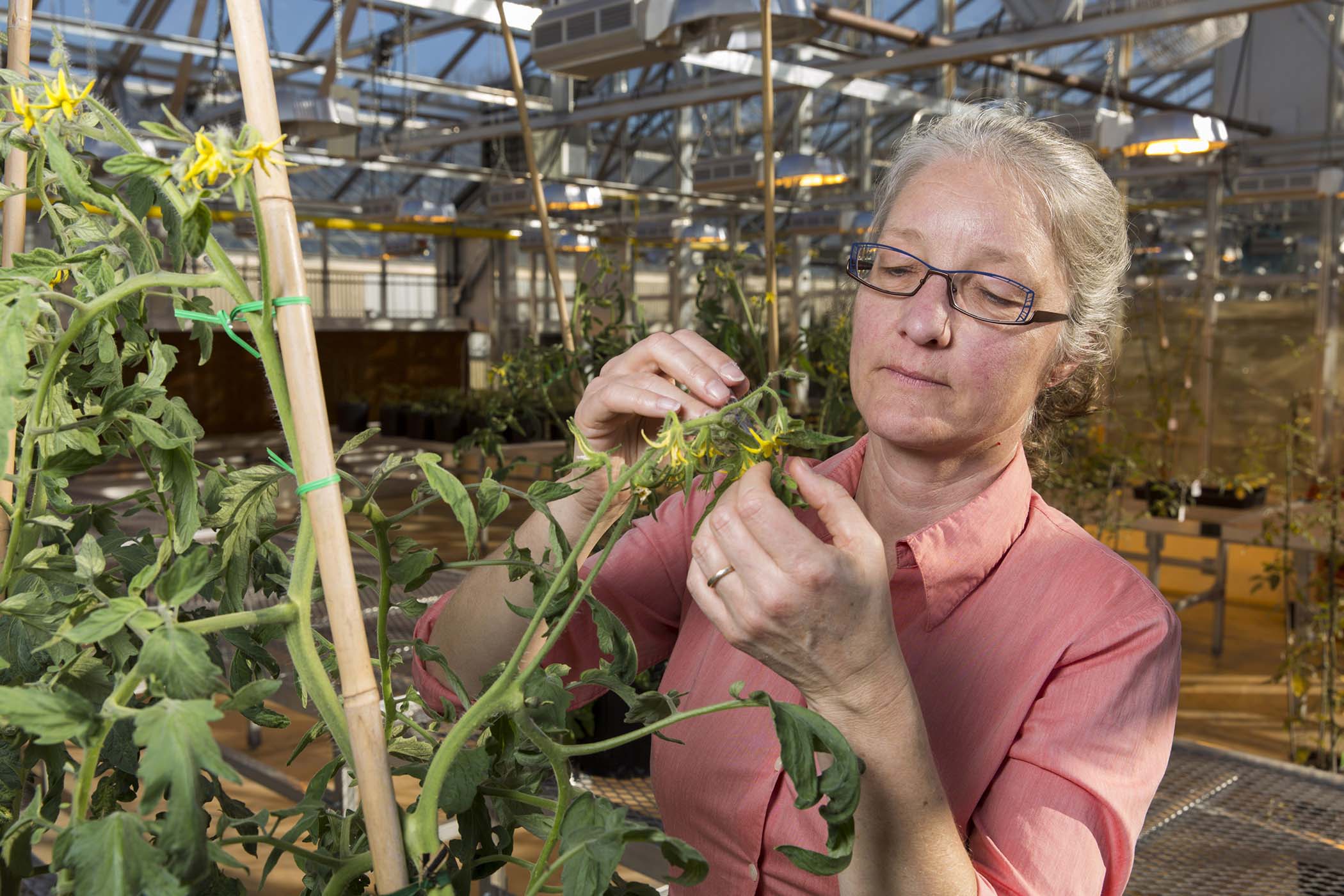 CAES News
CAES News
Tomato Size Regulator
Ever wonder how that slice of tomato on your summer BLT got to be so perfectly bread sized? Geneticists at the University of Georgia have found the gene variants that control a tomato’s size. They published their findings recently in the open-access journal PLOS Genetics.


